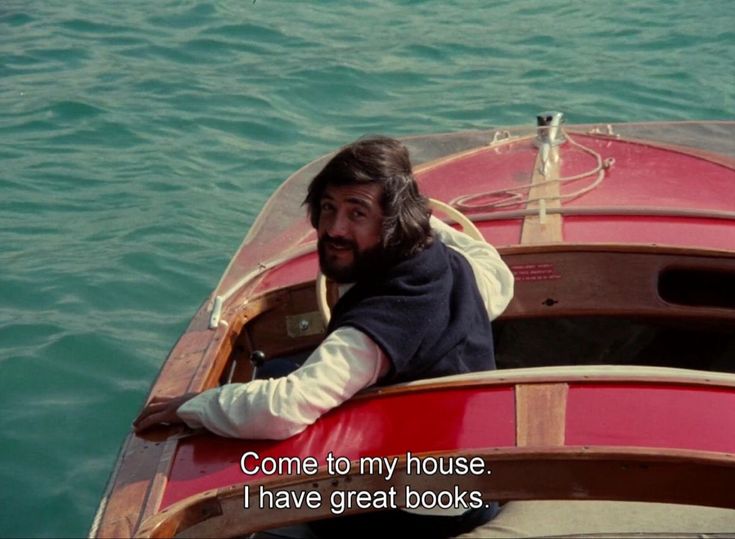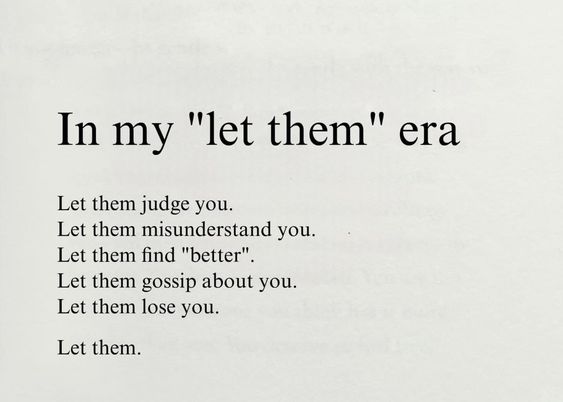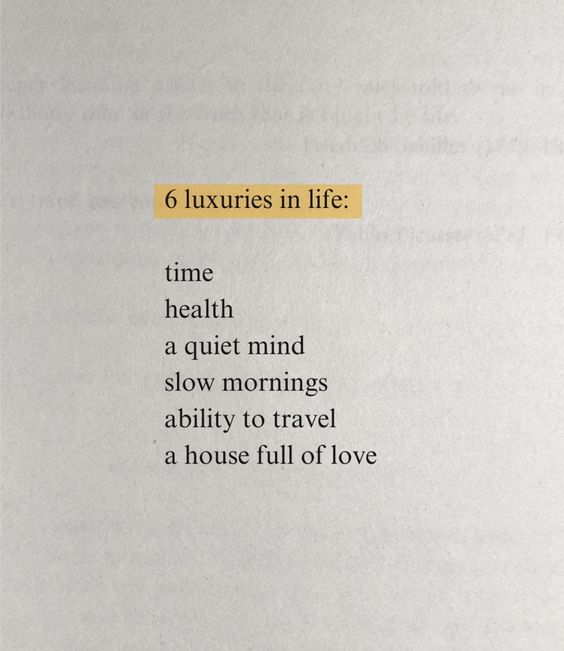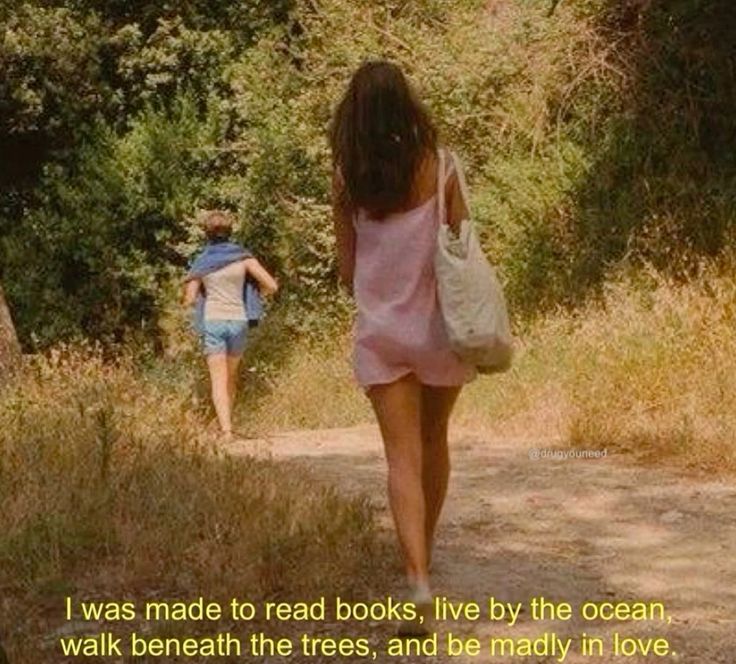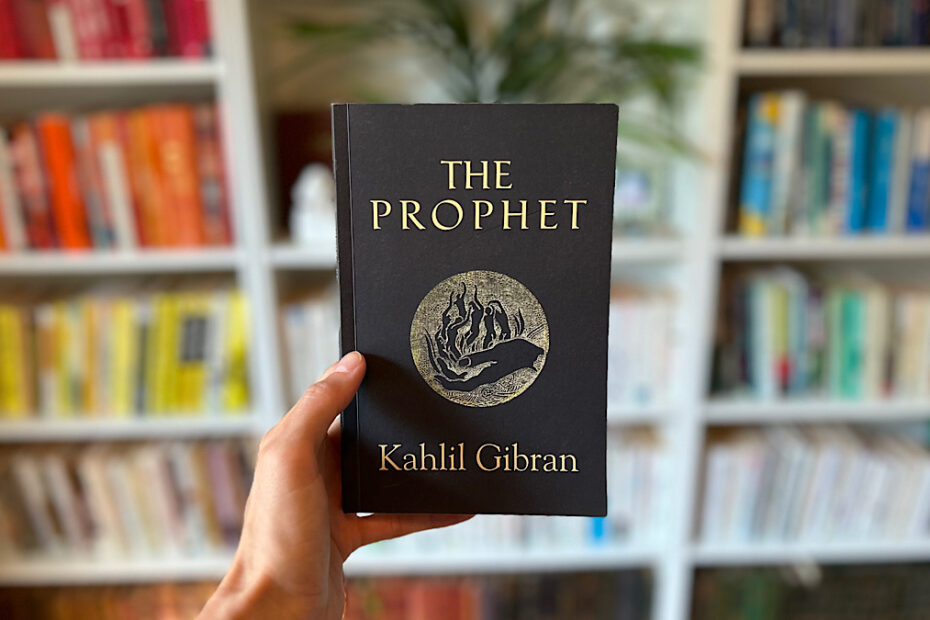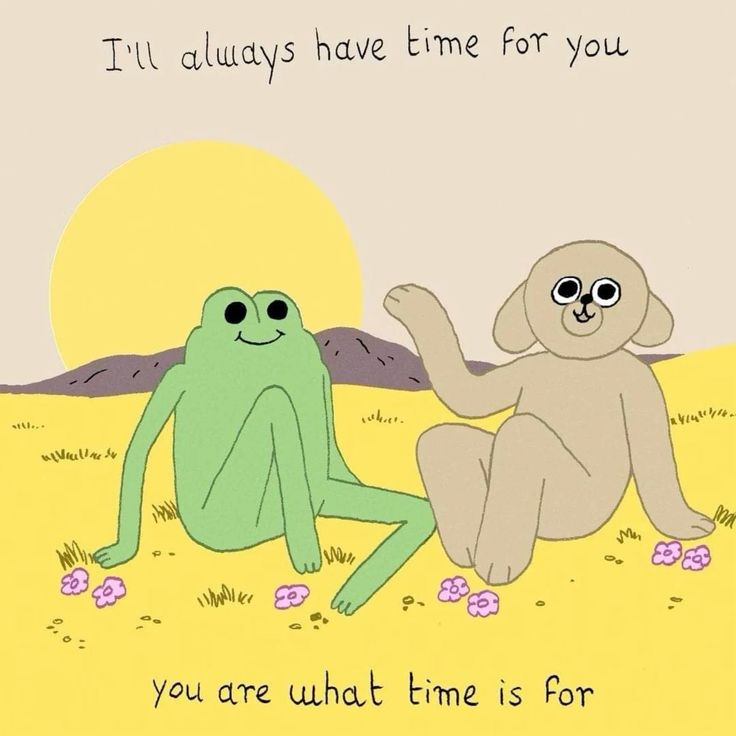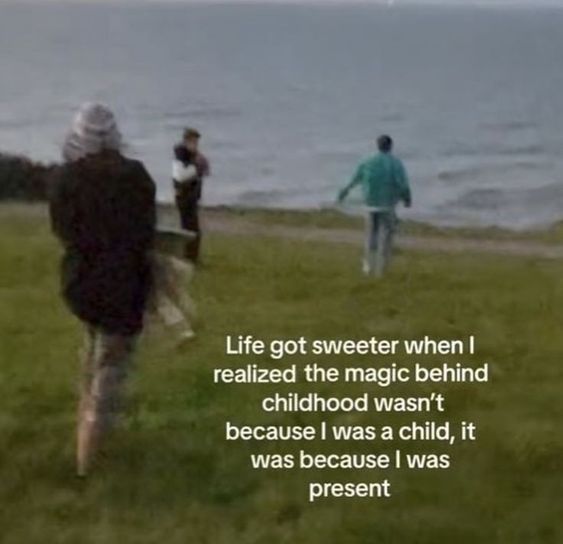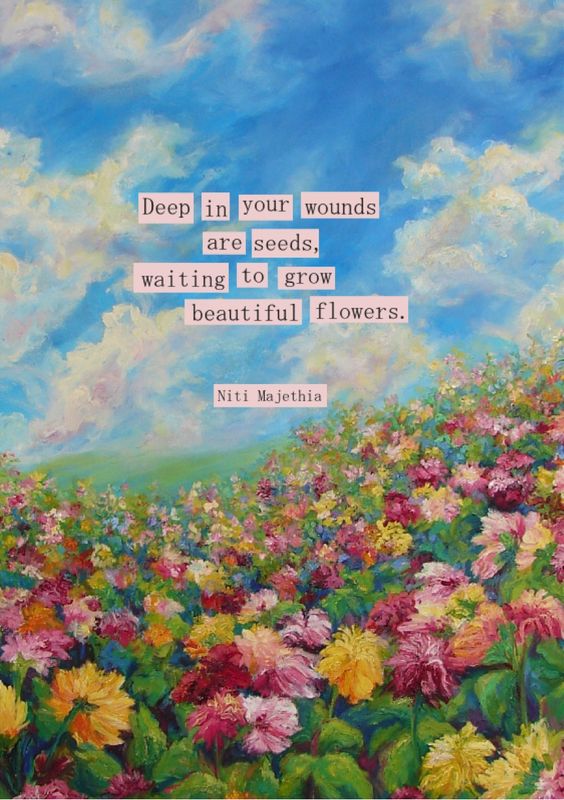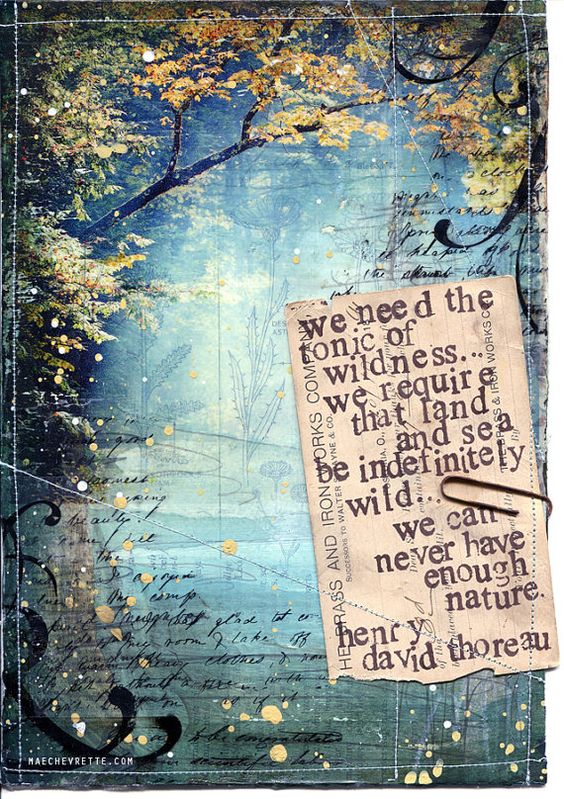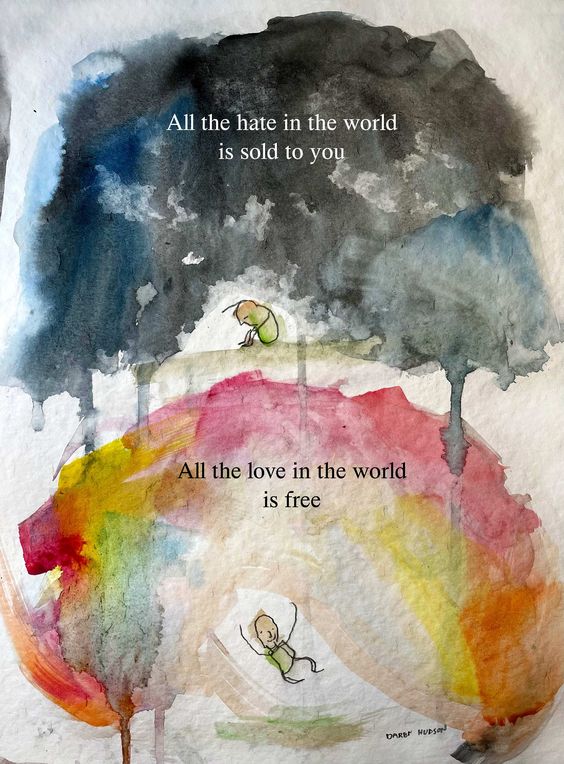“Peaceful awareness not only helps you connect with people better and make good decisions, but it makes you stick out in a positive way. Calmness is exceedingly valuable in our tense world. How you cultivate yourself internally will show up in everything you create and share with the world.”
Yung Pueblo
“One of the most commonly used mantras in buddhism focuses on controlling negative emotions: ‘Om mani padme hūm,’ in which om is the generosity that purifies the ego, ma is the ethics taht purifies jealousy, ni is the patience that purifies passion and desire, pad is the precision that purifies bias, me is the surrender that purifies greed, and hūm is the wisdom that purifies hatred.”
Héctor García and Francesc Miralles, Ikigai (Page 170)
“In order to keep their minds virtuous, the Stoics practiced something like negative visualization: They imagined the worst thing that could happen in order to be prepared if certain privileges and pleasures were taken from them.”
Héctor García and Francesc Miralles, Ikigai (Page 168)
18 Kahlil Gibran Quotes from The Prophet and Insights For Fulfilled Living
Excerpt: …One of those rare books that’s concise AND deep. Read these 18 quotes from The Prophet and update your thinking on fulfilled living today.
Read More »18 Kahlil Gibran Quotes from The Prophet and Insights For Fulfilled Living
“Studies from the Blue Zones suggest that the people who live longest are not the ones who do the most exercise but rather the ones who move the most.”
Héctor García and Francesc Miralles, Ikigai (Page 110)
“My secret to a long life is always saying to myself, ‘Slow down,’ and ‘Relax.’ You live much longer if you’re not in a hurry.”
Unknown, via Ikigai (Page 116)
“If you decide on your own to quit smoking, and you say nothing to anybody, there are ninety-nine chances out of a hundred that you will smoke. Someone else decides taht he will not smoke, and he tells his friends. There is a ninety percent chance that he will still smoke. The third possibility is that he joins a society of nonsmokers where nobody smokes. Now there is a ninety-nine percent chance that he will not smoke.”
Osho, Everyday Osho (Page 292)
“Looking back, our days in Ogimi were intense but relaxed—sort of like the lifestyle of the locals, who always seemed to be busy with important tasks but who, upon closer inspection, did everything with a sense of calm. They were always pursuing their ikigai, but they were never in a rush.”
Héctor García and Francesc Miralles, Ikigai (Page 110)
“The grand essentials to happiness in this life are something to do, something to love, and something to hope for.”
Washington Burnap, via Ikigai (Page 111)
“You may grow old and trembling in your anatomies, you may lie awake at night listening to the disorder of your veins, you may miss your only love, you may see the world about you devastated by evil lunatics, or know your honour trampled in the sewers of baser minds. There is only one thing for it then—to learn. Learn why the world wags and what wags it. That is the only thing which the mind can never exhaust, never alienate, never be tortured by, never fear or distrust, and never dream of regretting.”
T. H. White, via Ikigai (Page 97)
